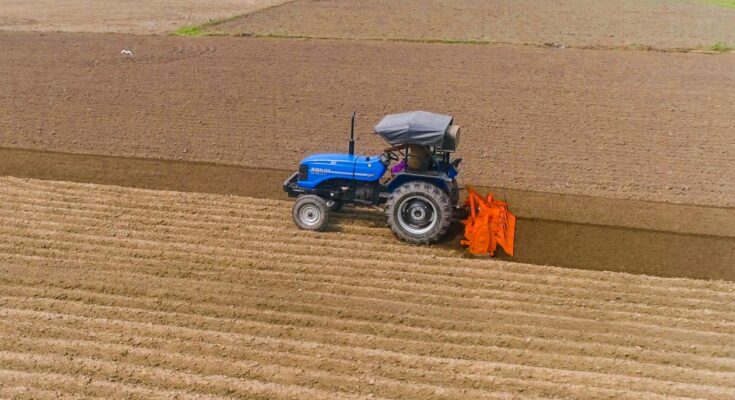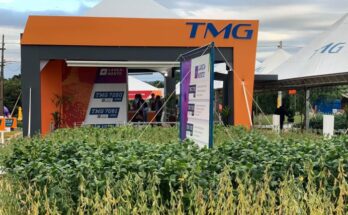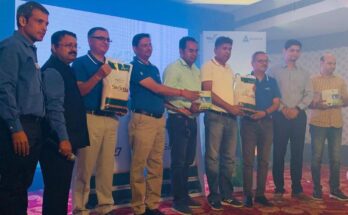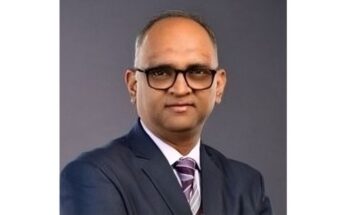Corteva Agriscience, a global agriculture company, and the 2030 Water Resources Group (2030 WRG), hosted by the World Bank Group, signed a project to promote sustainable rice production in Uttar Pradesh. The project has been conceived to build the capacity of farmers on the Direct Seeded Rice (DSR) technique of rice cultivation thus enabling sustainable livelihoods for farmers. Corteva will co-lead the project as the technology and knowledge partner for DSR.
This project called ‘Enhancing Landscape level Sustainability for Rice Production in Uttar Pradesh’ provides a framework for Corteva, 2030 WRG and a task-force of multiple stakeholders who will work towards transforming 40,000 acres of land from traditional methods of transplanting rice to the DSR technique. This three-year project will promote sustainable livelihood in agriculture, build the capacity of farmers on the DSR technique of rice cultivation through various training programmes, field demonstration sessions, market linkages, market-based sustainability financing and agronomy assistance leading to their socio-economic empowerment.
Through the project, Corteva will also assist farmers with hybrid seeds and mechanised sowing services as well as, help in soil testing and management of weeds and pests on the farms. Applying these practices can lead to 35-37 percent reduction in water usage in rice farming, better soil health and reduced greenhouse gas emissions (by 20-30 percent), supporting climate resilient precision agro-forestry in the state.
Also read: India needs widespread adoption of Artificial Intelligence to improve crop productivity
Commenting on the new project, Tim Glenn, Executive Vice President and Chief Commercial Officer, Corteva Agriscience said: “Corteva Agriscience works closely with farmers to provide tools and advice the need to achieve their goals while strengthening the resilience of their farming community. This includes practical, on-farm agricultural practices like direct-seeded rice (DSR), that help farmers protect the environment while being economically viable. This project implements holistic agronomic interventions that encourage farmers to adopt DSR. We are pleased to collaborate with WRG to help build the capacity of farmer producer organisations (FPOs) to operate as sustainable and market-oriented agri-enterprises.”
“India is one of the world’s largest producers of rice, accounting for 20 percent of global rice production. However, the process of growing rice is complex and input-intensive compared to other crops. In recent years, climate variability and lowering water tables have adversely impacted the rice cultivators in the country. The project will ensure that the farmers get access to integrated solutions that deliver transformative value chains. It will also support the state government to strengthen sustainability outcomes in rice production, putting emissions reduction, private sector-driven market linkages, and agricultural water demand management at the core of sustainable agricultural growth and rural development in Uttar Pradesh,” said Karin Krchnak, Program Manager, 2030 Water Resources Group.
The project will also assist market-driven value chain strategies by linking market off-takers with suppliers and producers, through innovative ‘drip to market agro corridors’ (DMACs) and public-private partnerships (PPPs).




